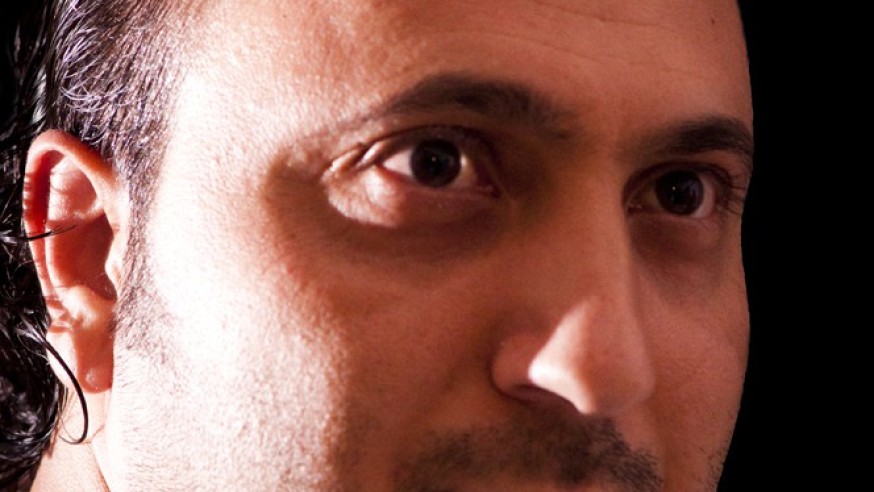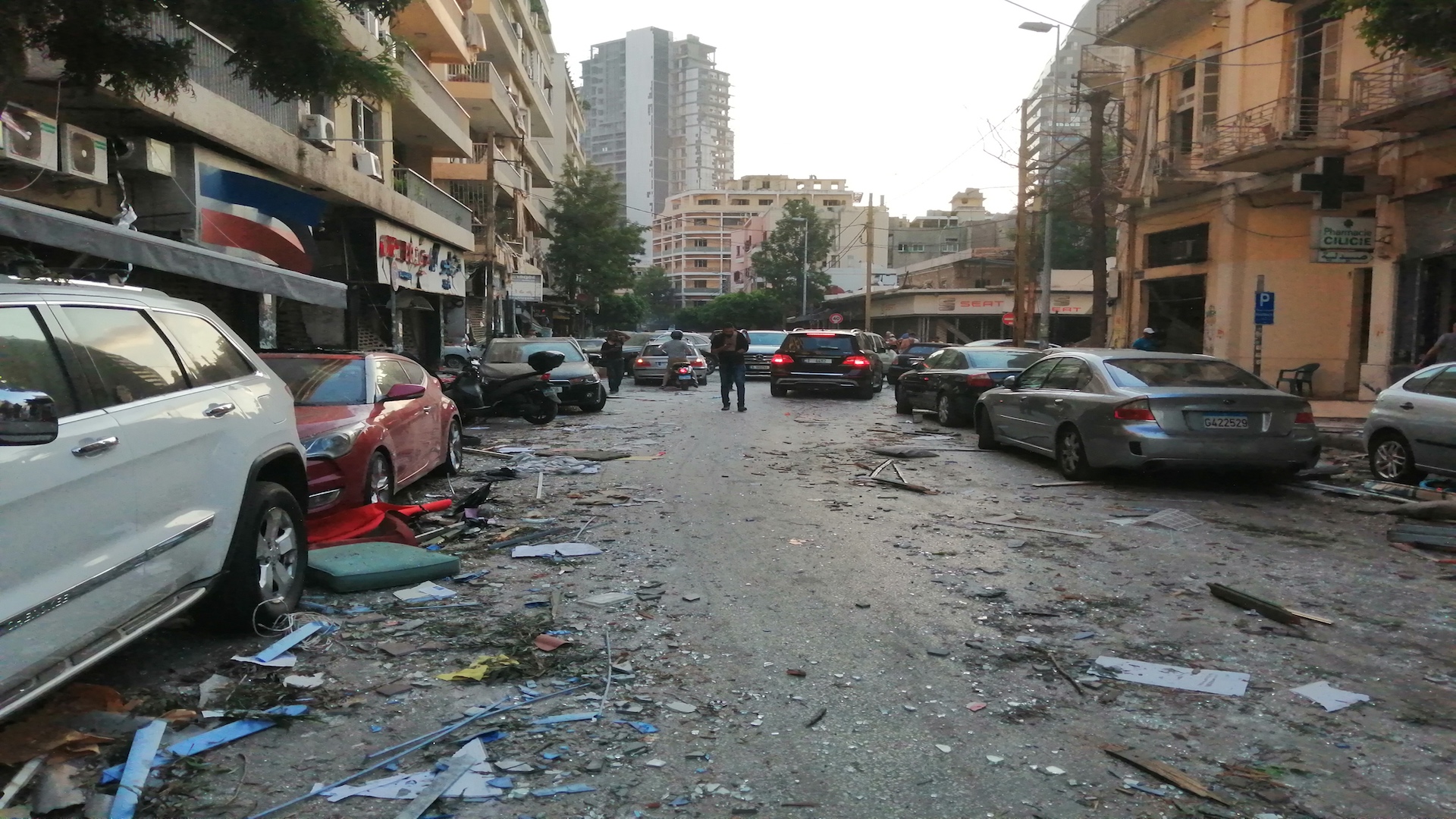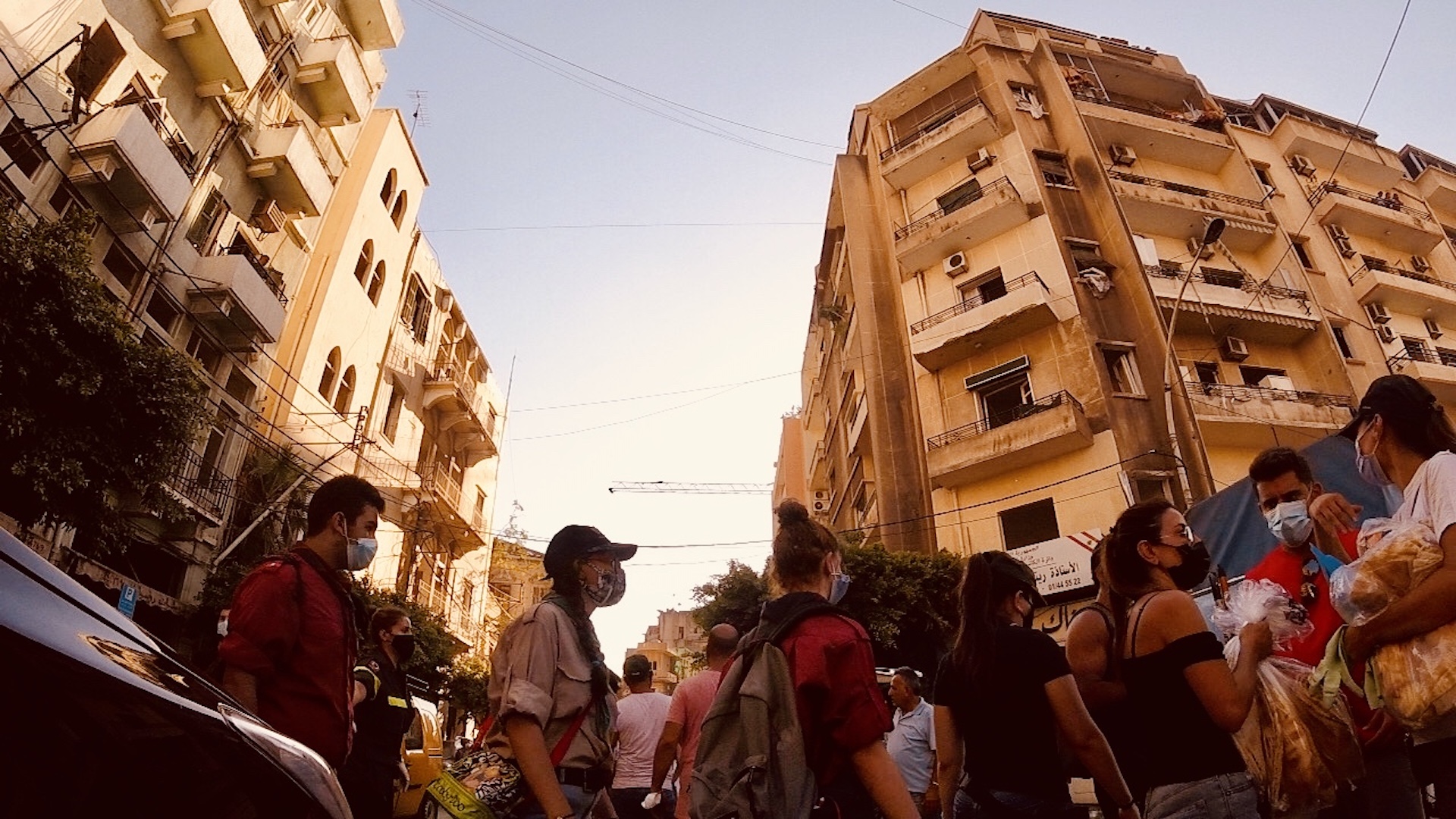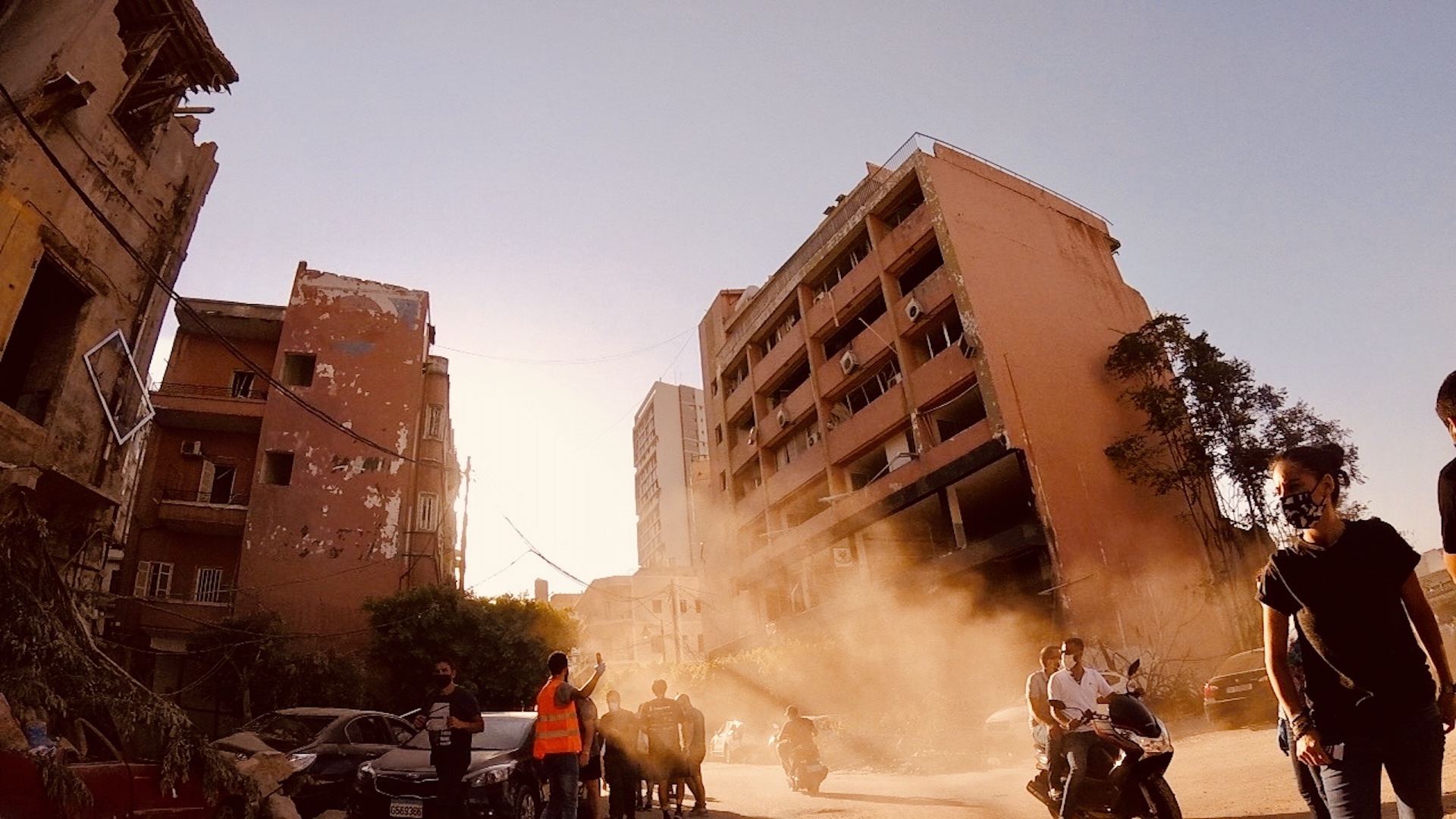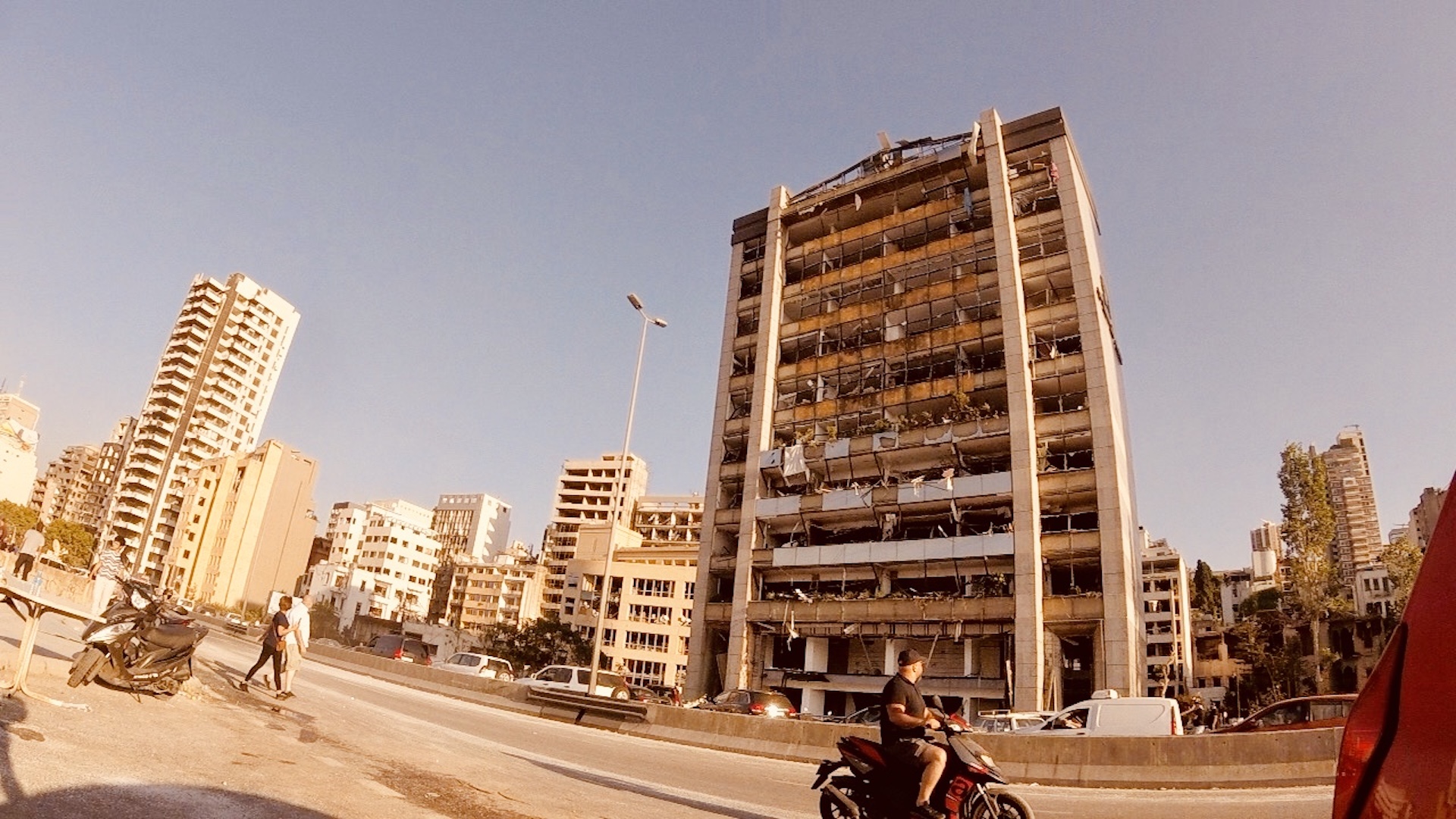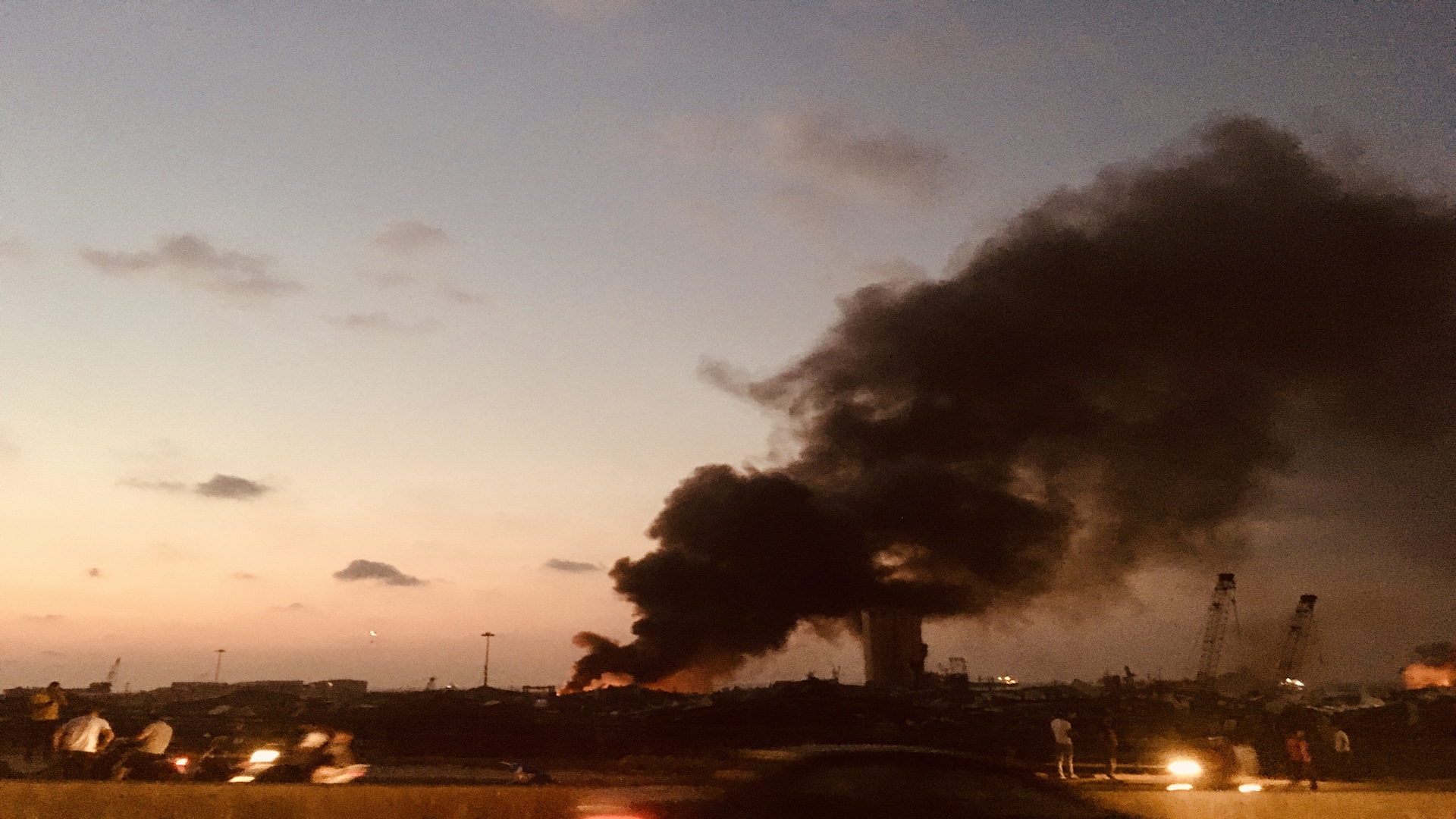It is true that cities waver between death and life, and it is also true that Beirut will pick up the pieces of its defeat and rise again, and that cities never surrender to their tyrants, mullahs and secretaries of parties who all end up in the ash heap of history.
But cities die when they lose their luster and color, when they become strange to their citizens, when they force residents to emigrate, when they close their publishing houses, when their journalism becomes decadent, when intellectuals no longer fill their streets and horizons.
This is Beirut now, not because of the explosion, but even before it. Beirut died when it ceased to be a hub for its lovers and intellectuals escaping to its shade from the desert of dictatorships, mullah republics and empires of shame.


